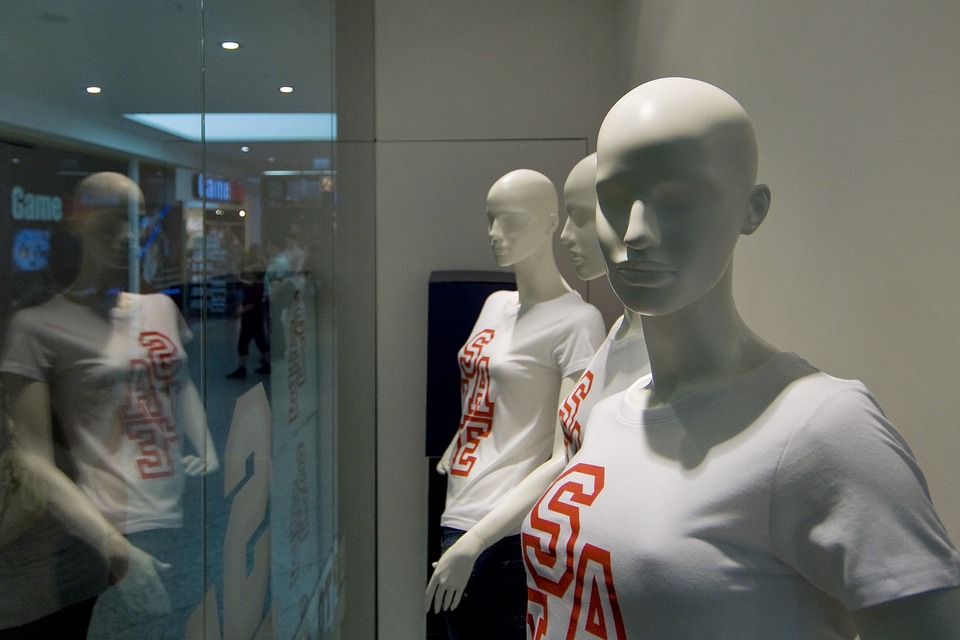The Influence of Social Media on Fashion Trends
In today’s digital age, social media plays a significant role in shaping fashion trends. Platforms like Instagram, TikTok, and Pinterest have revolutionized the way we consume and interact with fashion. From style inspiration to shopping recommendations, social media has become a powerhouse in the fashion industry. Let’s take a closer look at how social media influences fashion trends.
Instant Access to Fashion
One of the most significant ways social media has influenced fashion trends is by providing instant access to the latest styles and trends. Through platforms like Instagram, fashion enthusiasts can follow their favorite influencers, designers, and brands to stay up to date with the latest collections and fashion shows. This instant access allows for a faster dissemination of style inspiration, making it easier for individuals to stay on top of current trends.
Additionally, social media has allowed for increased visibility of up-and-coming designers and brands. Through platforms like TikTok and Instagram, independent designers can showcase their work to a global audience, bypassing traditional barriers to entry in the fashion industry. This democratization of fashion has led to a more diverse and inclusive landscape, where emerging talent can thrive and influence mainstream trends.
Influencer Marketing
Another way social media influences fashion trends is through influencer marketing. Influencers, who have established credibility and a loyal following on social media, collaborate with brands to promote their products and services. By partnering with influencers, brands can reach a larger audience and generate buzz around their latest collections.
Influencers play a crucial role in shaping fashion trends by showcasing how to style new pieces, creating outfit inspiration, and endorsing certain brands. Their influence can lead to increased sales and popularity of certain items, ultimately impacting the overall fashion landscape. As a result, brands are increasingly turning to influencer marketing as a way to connect with consumers and drive trends.
Community Engagement
Social media has also transformed the way we engage with fashion as a community. Platforms like Pinterest and Facebook have created spaces for fashion enthusiasts to connect, share ideas, and collaborate on creative projects. These online communities serve as a source of inspiration and support for individuals looking to explore their personal style.
Furthermore, social media has given rise to new trends like #OOTD (Outfit of the Day) and #FashionFriday, where users can share their daily outfits and style choices with a wider audience. These hashtags have become popular ways for individuals to showcase their unique fashion sense and connect with like-minded individuals who share their passion for style.
Data-Driven Insights
One of the most powerful ways social media influences fashion trends is through data-driven insights. Platforms like Instagram and Facebook collect valuable data on user behavior, preferences, and interactions, which brands can utilize to inform their marketing strategies. By analyzing this data, brands can identify trends, predict consumer behavior, and tailor their messaging to better resonate with their target audience.
For example, brands can use social media analytics to track the performance of their posts, measure engagement, and understand which types of content resonate most with their followers. This data-driven approach allows brands to make informed decisions about their marketing efforts and product offerings, ultimately influencing the direction of fashion trends.
Consumer Empowerment
Lastly, social media has empowered consumers to have a greater voice in the fashion industry. Through platforms like Twitter and Instagram, individuals can share their opinions, critique brands, and advocate for more inclusive and sustainable practices. This consumer-driven activism has led to increased transparency and accountability within the fashion industry, prompting brands to be more mindful of their impact on society and the environment.
Consumers can also use social media to support small businesses, ethical brands, and sustainable fashion initiatives. By sharing and promoting these initiatives, individuals can drive positive change within the industry and influence mainstream trends towards more ethical and sustainable practices.
In conclusion, social media has become a powerful force in shaping fashion trends. From providing instant access to the latest styles to enabling influencer marketing and community engagement, social media has revolutionized the way we consume and interact with fashion. By leveraging data-driven insights and empowering consumers to have a greater voice, social media has transformed the fashion industry into a more inclusive, diverse, and dynamic space. As we continue to navigate the digital landscape, social media will undoubtedly play an integral role in shaping the future of fashion trends.
